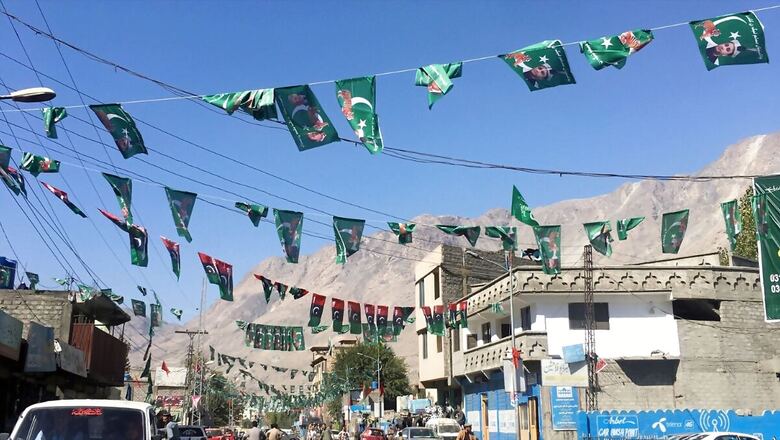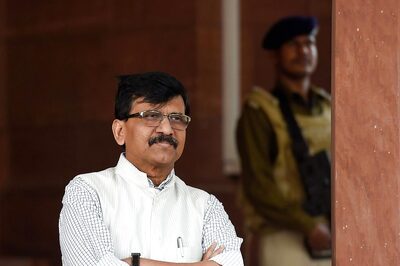
views
Demographic changes effected by Pakistan have reduced the Shia population share in Gilgit-Baltistan to 50%, compared to 80% in 1948, and India must highlight the human rights issues in the region at international forums, multiple sources in Gilgit-Baltistan told News18 on Monday.
There were reports of sectarian tensions in Gilgit-Baltistan, which has a history of rivalry between the Sunni and Shia Muslims, forcing authorities last week to indefinitely suspend mobile internet services. The situation turned particularly tense on Friday when protests were held in the Gilgit city and surrounding areas on the call of a Shia group, hours after a prominent Sunni cleric allegedly made derogatory remarks during a protest in Gilgit. The protesters were demanding action against the cleric.
Thousands of people had also taken to the streets to protest the arrest of Shia cleric Agha Baqir al-Hussaini under the country’s blasphemy laws. News18 had earlier reported that the protesters allegedly threatened the Pakistani administration that they want a merger with India if their leader is not released.
“India should highlight the human rights issues in Gilgit-Baltistan,” a local leader told News18 on condition of anonymity. Asked about Chinese presence in the region, the leader pointed to Chinese nationals working on dam projects under the China-Pakistan Economic Corridor. Chinese debt is sinking Pakistan and Gilgit-Baltistan,” the leader added.
Another source from the region said India’s Home Minister Amit Shah should visit Ladakh and issue a statement in favour of Gilgit-Baltistan, adding that the strategic importance of the region had increased because of the CPEC.
“Due to CPEC, the strategic importance of Gilgit-Baltistan has increased manyfold in recent times. Gilgit-Baltistan is a disputed territory and the UN must be asked to issue a stay order against international agreements…. India’s Home Minister Amit Shah should visit Ladakh without delay and issue a statement in our favour.”
“The Indian government should invite a delegation of Kashmiri and Gilgit-Baltistan human rights activists to Delhi,” he said, sounding alarm over increase in Pakistani troops in the area.
“Pakistan has recently increased troops in Gilgit-Baltistan. India should increase troops on both LoC and LAC. The Indian government should announce that in next elections, the seats will be filled with PoJK-GB candidates.”
History of Gilgit-Baltistan
India considers Gilgit-Baltistan a part of Jammu and Kashmir.
In 1935, with rising Soviet influence and its possible threat to the British Empire, the British took Gilgit-Baltistan on lease for 60 years.
After the British terminated the lease, they loaned two of their officers — Major W A Brown and Captain A S Mathieson — to the Maharaja for the purpose of looking after the defence of Gilgit-Baltistan till an alternative arrangement was found.
Soon after, the locals of Gilgit-Baltistan rebelled against Maharaja Hari Singh and Major Brown imprisoned Brigadier Ghansara Singh.
On November 2, 1947, Brown declared that Gilgit was joining Pakistan. Soon after, the Pakistani army and tribals occupied the region and used it as a base to carry out attacks in nearby regions.

















Comments
0 comment